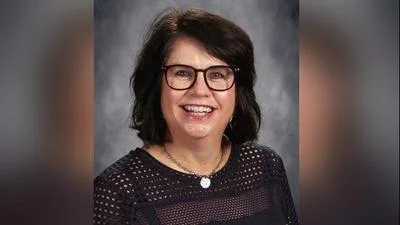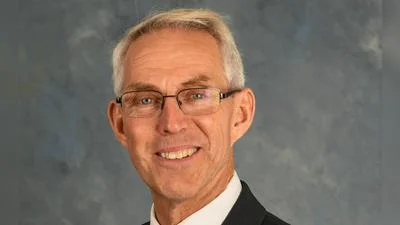Sen. Jason Plummer | File Photo
Sen. Jason Plummer | File Photo
As the deadline to redraw legislative maps looms, lawmakers are at war over whether or not the American Community Survey is an acceptable alternative to official U.S. Census data.
In an April 21 report by WCIA News, state Sen. Jason Plummer (R-Vandalia) said the U.S. Census data should be preferred over the alternative.
"Regardless of how the census performance was, that data is better than the ACS data specifically for rural and minority communities," Plummer said in the video. Democrats, including state Sen. Christopher Belt (East St. Louis) and East St. Louis Mayor Robert Eastern III defended use of ACS data, reasoning that the COVID-19 pandemic caused poor participation numbers in the U.S. Census from minority communities.
"We paid people to get out and get the word out," Eastern said. "We did the Facebook campaign, we did everything we could think of, but we just don't think we got in the doors like we needed to."
Voices in the minority community that feel Democrats aren't serving their best interest either include the Illinois Muslim Civic Coalition, who said that Muslim input in the remapping process is crucial for representation, according to an article from Prairie State Wire earlier this month.
“Civic justice is about making sure that policy made for us is made with us, that we vote in elections held every year for ethical public leaders and for equitable redistricting," said Mariam Sayeed from the coalition. "Residents often feel the system doesn’t work for them and their voice is not heard. We have to get involved to ensure that all of Illinois is truly represented.”
Critics also say that ACS data is more easily manipulated and less accurate. Republicans are frustrated that the official U.S. Census data is being sidelined while Democrats are backpedaling in their support of independently drawn maps.
House Speaker Chris Welch said in a 2016 op-ed that the historical gerrymandering of minority populations in Illinois would be prevented by an independent remapping commission. He stated that an independent remapping commission would be a "win-win" and a solution to a process that “has often been criticized as too political and one where voters are left without a voice" according to a Chicago Tribune editorial.
“I testified at the hearing and it’s the process itself,” former House candidate Marco Sukovic said in the Lake County Gazette earlier this month. “It’s not one that engaged the public in any meaningful, substantive manner. I asked the senate redistricting committee to give me two figures. The first how many people have participated in these hearings to date – keep in mind they are about halfway through with these hearings – and they told me only 46 people have. You’re thinking about a state of over 12 million people and only 46 people have participated.”
If the statehouse can't finalize the maps by June 30, the process will become the responsibility of an independent commission. Critics feel that engagement in the redistricting hearings have been minimal at best and that only official U.S. Census data is appropriate for the redistricting.
"With reapportionment figures from the Census Bureau due in April, the DPI has pressed ahead with plans to meet the June 30 deadline without using data from the 2020 Census," Sukovic said. "It has argued that data from the American Community Survey and data provided by their redistricting software vendors is sufficient for purposes of redistricting. To provide cover for this overtly political power play, the Illinois Democratic House and Senate legislative caucuses are haphazardly throwing together redistricting subcommittee hearings across the state with the goal of providing a veneer of public input and participation in the process."






 Alerts Sign-up
Alerts Sign-up